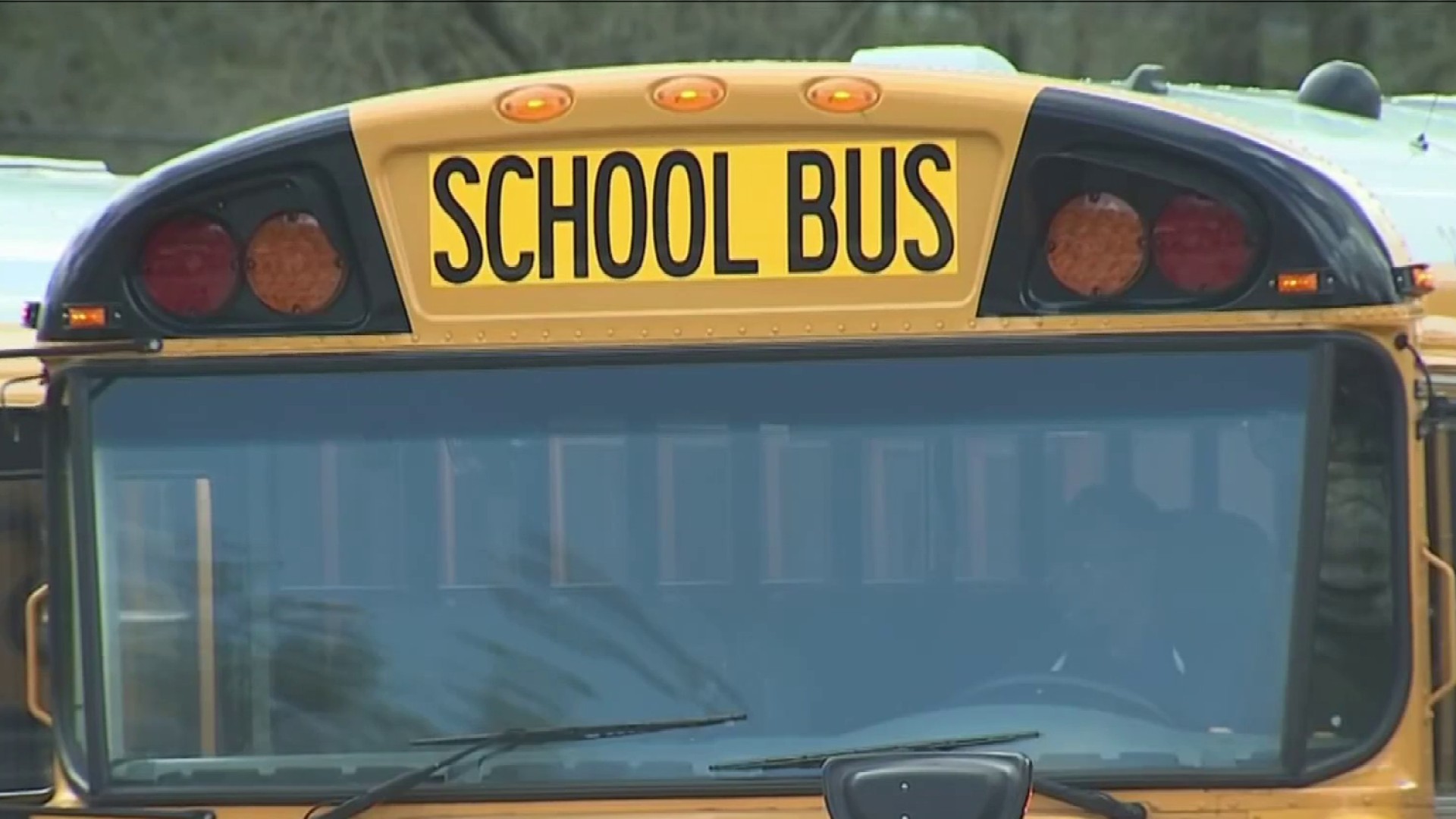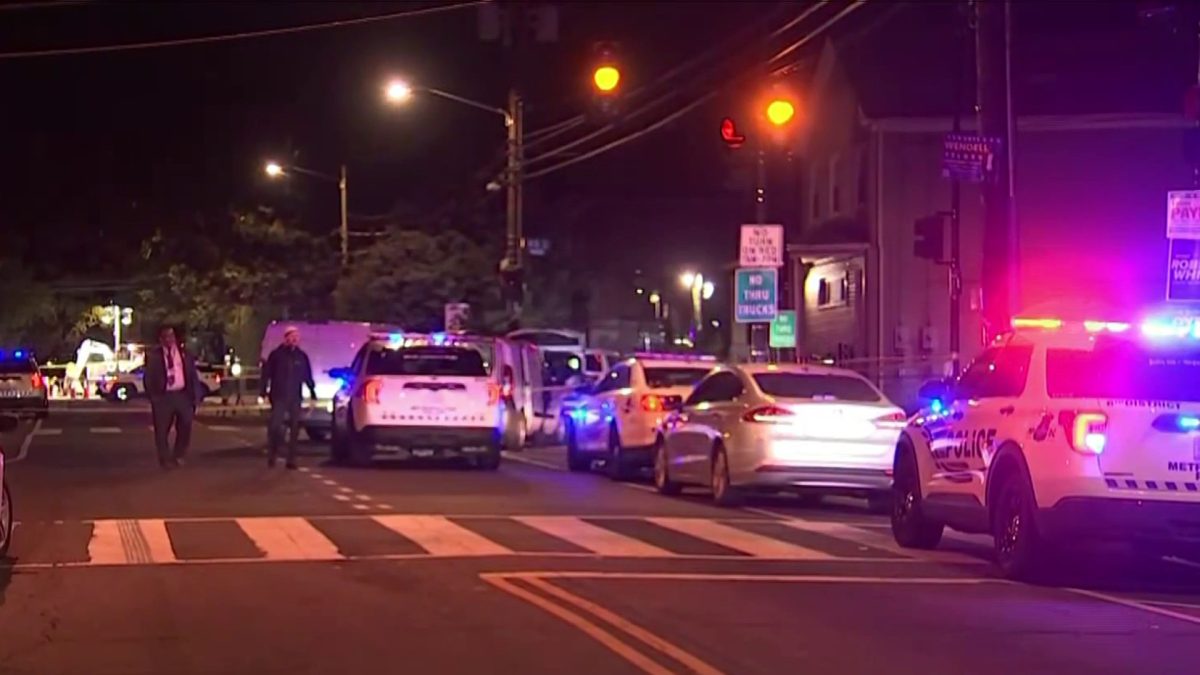Roughly a dozen people are serving life terms in prison without the possibility of parole in Maryland for crimes they committed as juveniles, and nearly all of them are asking for new sentences in light of U.S. Supreme Court decisions that say sentencing teenagers to die in prison is unconstitutional.
Since a landmark ruling barring mandatory life without parole for juveniles was made retroactive in 2016, the sentences of four lifers in Maryland have been tossed, and each is awaiting a resentencing hearing.
Motions for new hearings in Maryland courts are more complex than similar legal battles being waged in many other states. That's because, according to the bipartisan organization National Conference of State Legislators, Maryland is among more than 20 states where judges aren't mandated to hand down life-without-parole sentences for certain offenses but may do so if they choose. Such discretionary sentences aren't explicitly covered under the Supreme Court's decision, prosecutors have argued.
The high court cites a growing body of research showing that the brains of adolescents are still developing, making them susceptible to peer pressure and likelier to commit reckless acts without considering the long-term impact. To punish youths with the same severity as adults and to then make those sentences mandatory - taking away discretion to weigh each offender individually - fails to consider that difference or the potential for rehabilitation, the court said in determining that no-parole terms are unconstitutional for all but the rare juvenile whose crime reflects "permanent incorrigibility.''
Yet the ruling's promise of resentencing and a chance at release has so far been halting, inconsistent and sometimes elusive, a 50-state examination by The Associated Press found.
The AP spent months reviewing how counties and states are wrestling with re-examining juvenile life without parole. While some have resentenced and released juvenile lifers locked up for years, others have resisted taking action as battles continue in legislatures and courts. The response has prompted lawsuits in some states and accusations in others that prosecutors are dragging their feet or defying the high court's order to offer a second chance to all but the worst of the worst offenders.
Other legal challenges are being mounted on behalf of the many offenders sentenced as teens who are serving discretionary life without parole or no-parole terms negotiated as part of a plea deal, along with those serving lengthy prison terms that advocates argue amount to life. Among the cases caught up in the confusion: that of Washington-area sniper Lee Malvo, who was 17 when he took part in the 2002 killing spree that left 10 dead in the region. He received multiple life sentences.
Local
Washington, D.C., Maryland and Virginia local news, events and information
In May, Malvo's sentences in Virginia were tossed after a judge deemed them unconstitutional. Malvo's attorney, James Johnston, in June asked a Maryland judge to do the same, arguing that even though Malvo's life-without-parole sentence was discretionary, he deserves a new hearing that would allow a judge to adequately consider his age and circumstances at the time of the offense.
"It's not enough to look at the record and say, 'We can imagine how a sentencing judge came to this conclusion,''' Johnston said, "because the law didn't exist then.''



